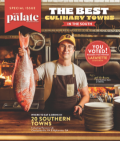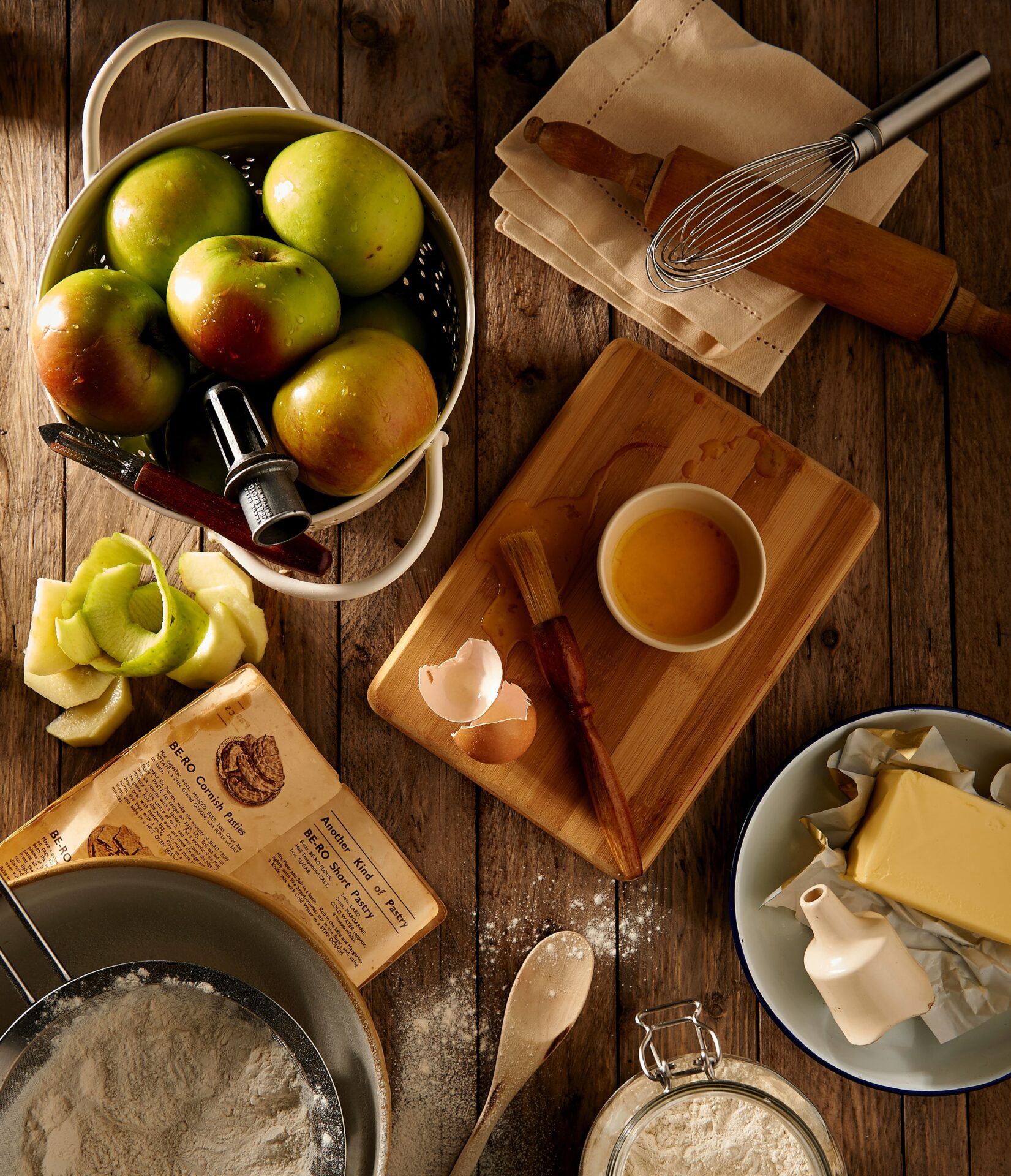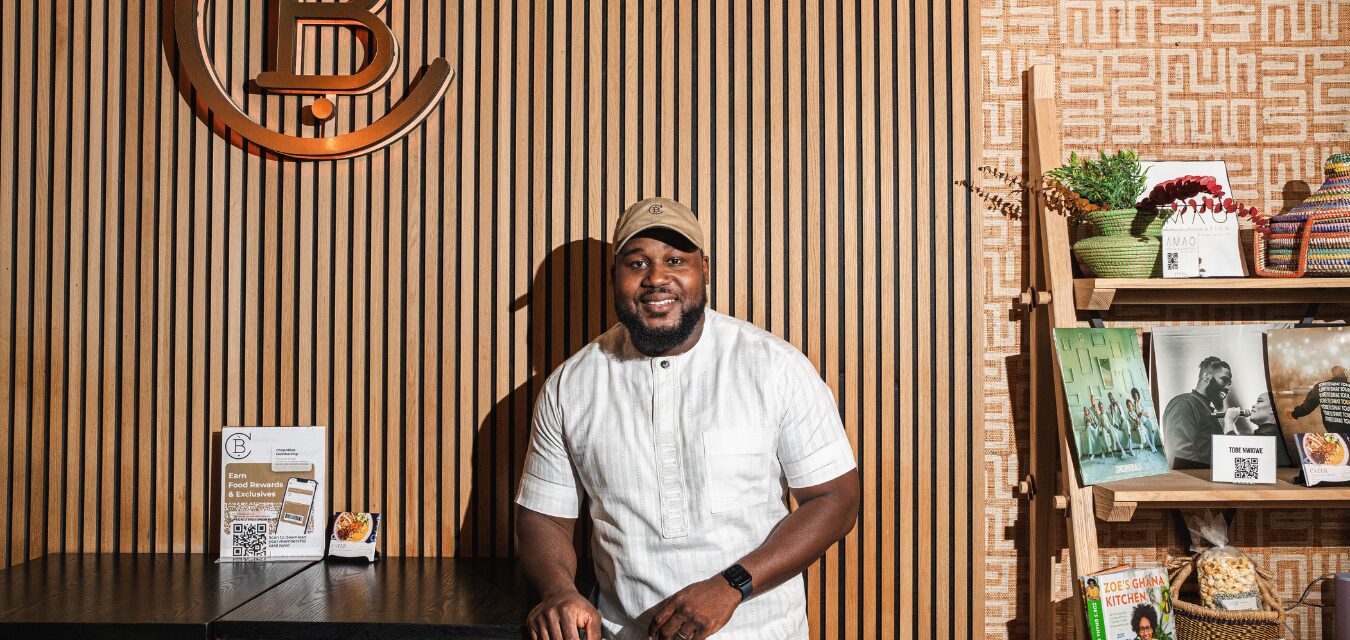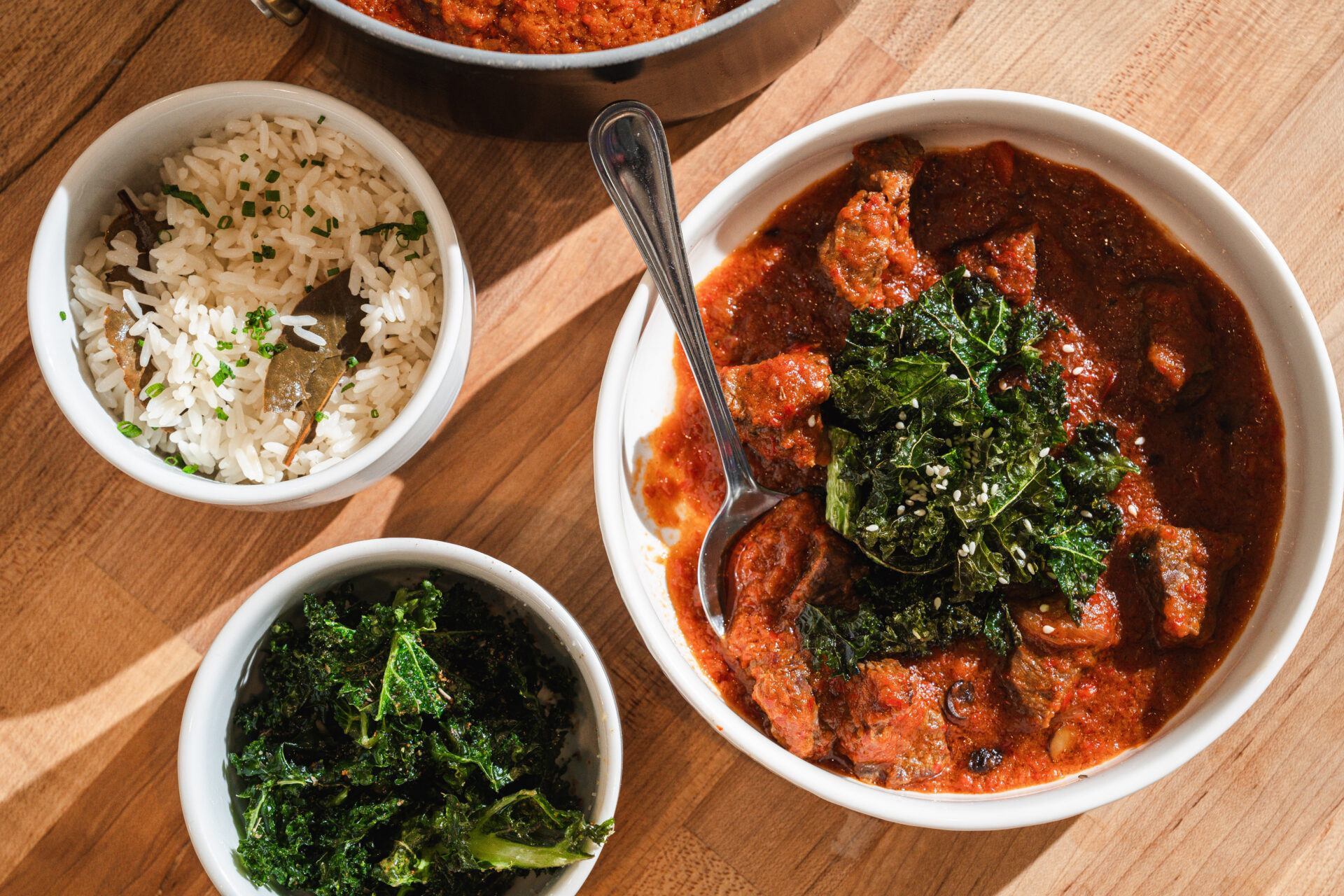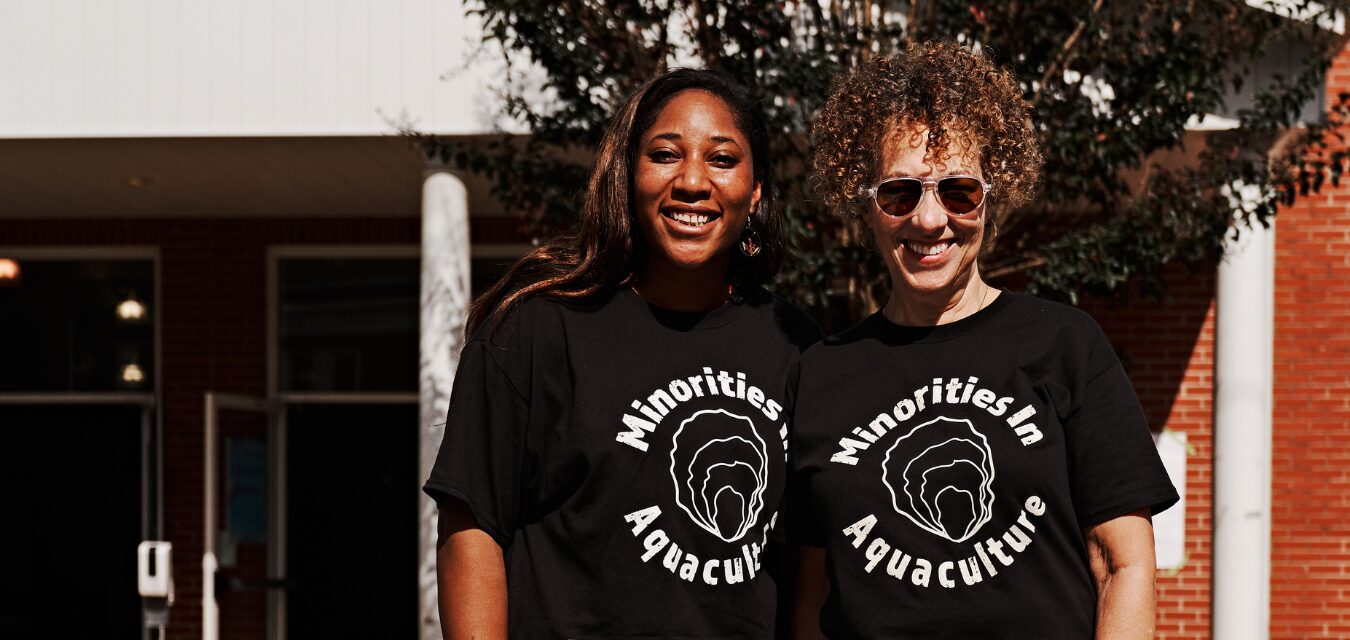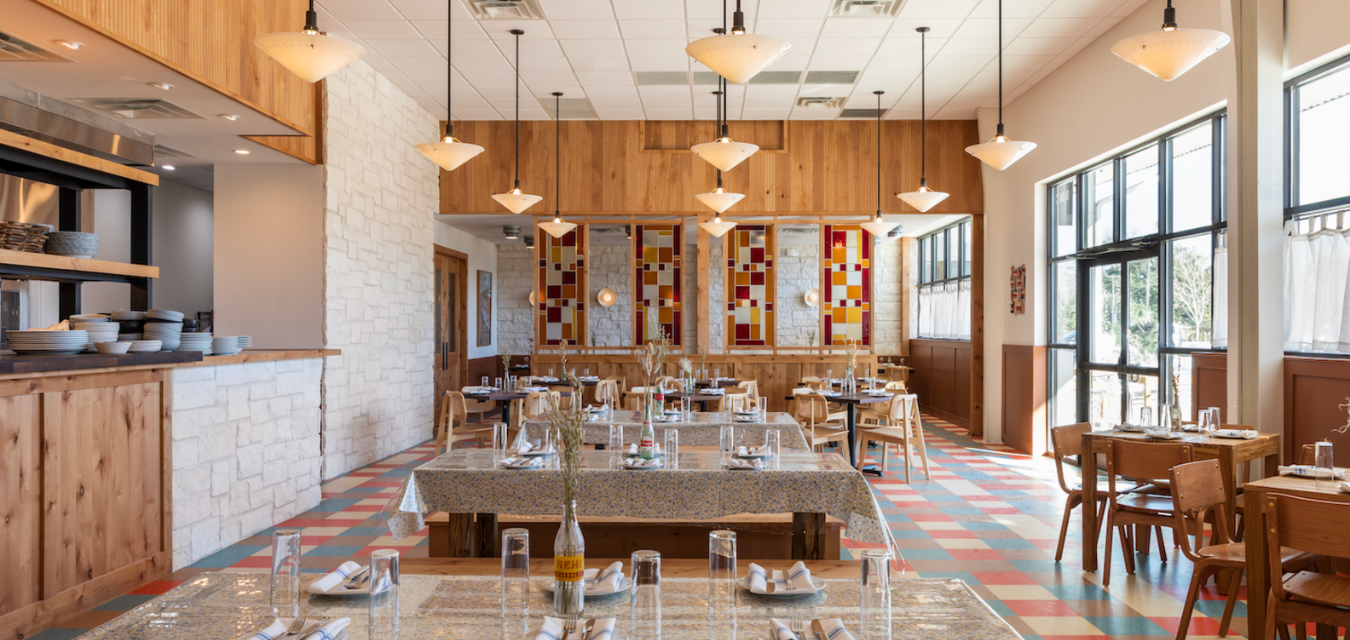The road to Houston’s first fast-casual West African was paved with community & intention
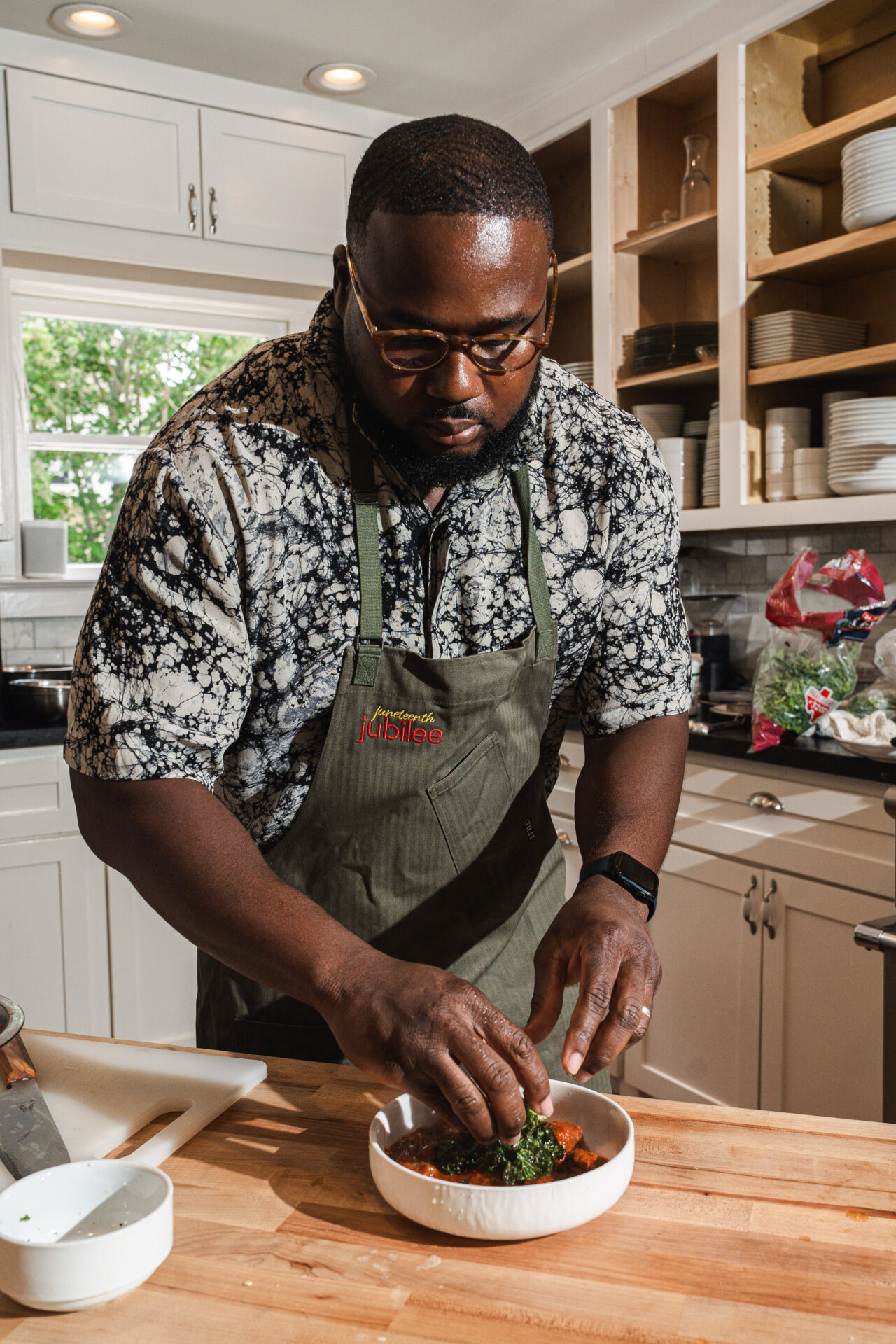
Ope Amosu spent his childhood bouncing between Houston, where he was raised, London, where he was born, and Nigeria, where his parents and extended family are from. And no matter where they were, they were eating rice at home. “I would ask for fast food on my way home from school, and nine times out of 10, I got denied because the saying was ‘there’s already rice at home,’” he says. The rice went with the soups and stews that filled his kitchen with memorable aromas, like obe ata, a Nigerian red stew, eaten with fish or chicken and plantains on the side. When they weren’t eating rice, it might be eba or àmàlà, which are “swallow” foods, or starchy, glutinous balls made from roots like ground cassava or yams.
Amosu’s maternal grandmother was a major gateway to Nigerian culture for him. When she would come to stay with them for several months, or when he would visit her in Nigeria, he says, “it was a treat because she really exposed me to the culture.” His grandmother’s favorite dish was ikokore, which started with her grating a water yam on a makeshift board and the cooking it with palm oil, stockfish, beef, and tripe.
Of course, alongside these ingredients lived frozen chicken nuggets and ramen packets in Amosu’s American kitchen, which he gravitated toward. When he was about 6 or 7 years old, he remembers being allowed to cook and would tell his family, “Ope’s kitchen is open,” handing them menus: ramen or plantain and eggs, a Nigerian-style breakfast. “They gave me permission to make rice, but it didn’t really take because I would forget to take it off the heat,” he says with a laugh.

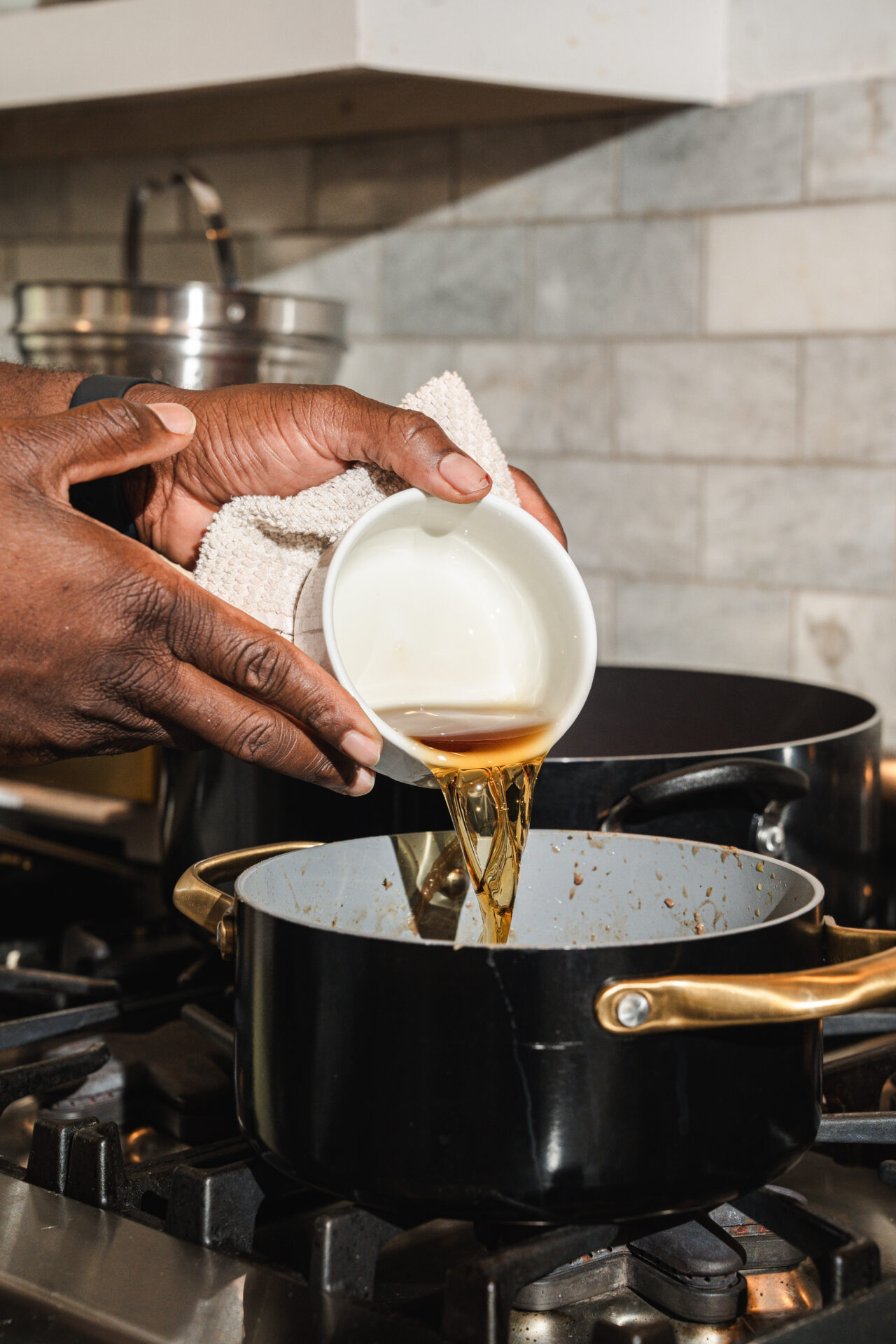
Food entrepreneurship popped up again in middle and high school when he sold “Ope Sauce,” a blend of ketchup and mustard in the cafeteria, for $1, or homemade cookies to compete with the school’s packaged ones. But it wasn’t until after Amosu had gotten his MBA and established his career as a consultant that restaurant ownership even became a thought. He was traveling extensively for work, especially in the Northeast where cities like DC and Philadelphia opened his eyes to the ways in which other international and cultural cuisines were widely
available—and that those restaurants, especially ethnically driven fast-casual ones, were thriving.
The lightbulb went off: “Why can’t we do that with our food?” In 2017, while heading to a conference in Houston, he passed by a building that was once
an Italian kitchen concept with a for-lease sign in front. “And I thought, that’s it. I’m going to create the first contemporary, West African-inspired food-and-beverage concept that ultimately shares the beauty of our culture with the world,” he says. The business plan poured out of him—ChòpnBlọk would eventually become a pop-up-turned-brick-and-mortar. His wife and family were naturally skeptical—but he pulled them along and eventually the vision became clear.
What Amosu needed first was experience. While keeping his day job, he picked up a night shift at Chipotle—the successful fast-casual scratch kitchen spoke to him as a strong mode for what he wanted to create. He worked as a prep cook to better understand the restaurant’s
systems, from the ground up.
The other missing element was knowing how to cook West African food. He started to spend time with his mother, his aunties, and other women in the community to stand beside them and learn. He wasn’t looking to make home-cooked food, but those moments and dishes gave him a foundation to develop his own recipes. The menu he was creating was inspired by West African cuisine, as well as the ingredients that surrounded him in Texas and what he saw in the way people enjoy eating out today.
As the idea evolved, Amosu knew it was an opportunity to serve and connect with his community. “The customer would be critical,” Amosu says. “I wanted to make sure that we had their blessing.” He invited his ideal customers—from West African immigrants like his parents to first-generations like him to those newly arrived—to casual, purposeful dinners. Feedback was given, envelopes for money were put out to see what people were willing to pay, and those invited were asked to invite others to the next one. The pop-ups grew and expanded, continuing on through the pandemic. Finally, in 2021, Amosu got a lease inside the food hall Post Houston and left his day job to bring ChòpnBlọk to life.
The food you’ll find is an inspired mashup of West African and Southern American touchstones. Trad is jollof rice, chicken, stewed plantains, and vegetables—reminiscent of the celebratory dishes he remembers eating as a kid but with crunchy brassicas and a peanut pepper sauce. The Motherland has East African coconut curry sauce and West African black-eyed peas. “It starts with the historical significance of a dish. Like how it’s often thought that jollof rice is a precursor to jambalaya. So, I said, ‘That’s what I’m going to do.’ To create a jollof jambalaya. It’s there to invoke and tell that story about how this dish may or may have not emigrated from West Africa into the US.”
By all measures, Amosu’s gamble has paid off. ChòpnBlọk is bustling, and this fall, he is opening a flagship space in Montrose that will expand the menu and offerings. His wife and family have come around, especially now that they’ve seen the lines at the counter. And feedback from the community is just what he hoped for. Now, with the forthcoming brick-and-mortar, Amosu’s 2017 vision is fully realized. “I’m ready for the floodgates to open,” he says.
Recipes from ChòpnBlọk’s Iconic Menu
Buka Stew
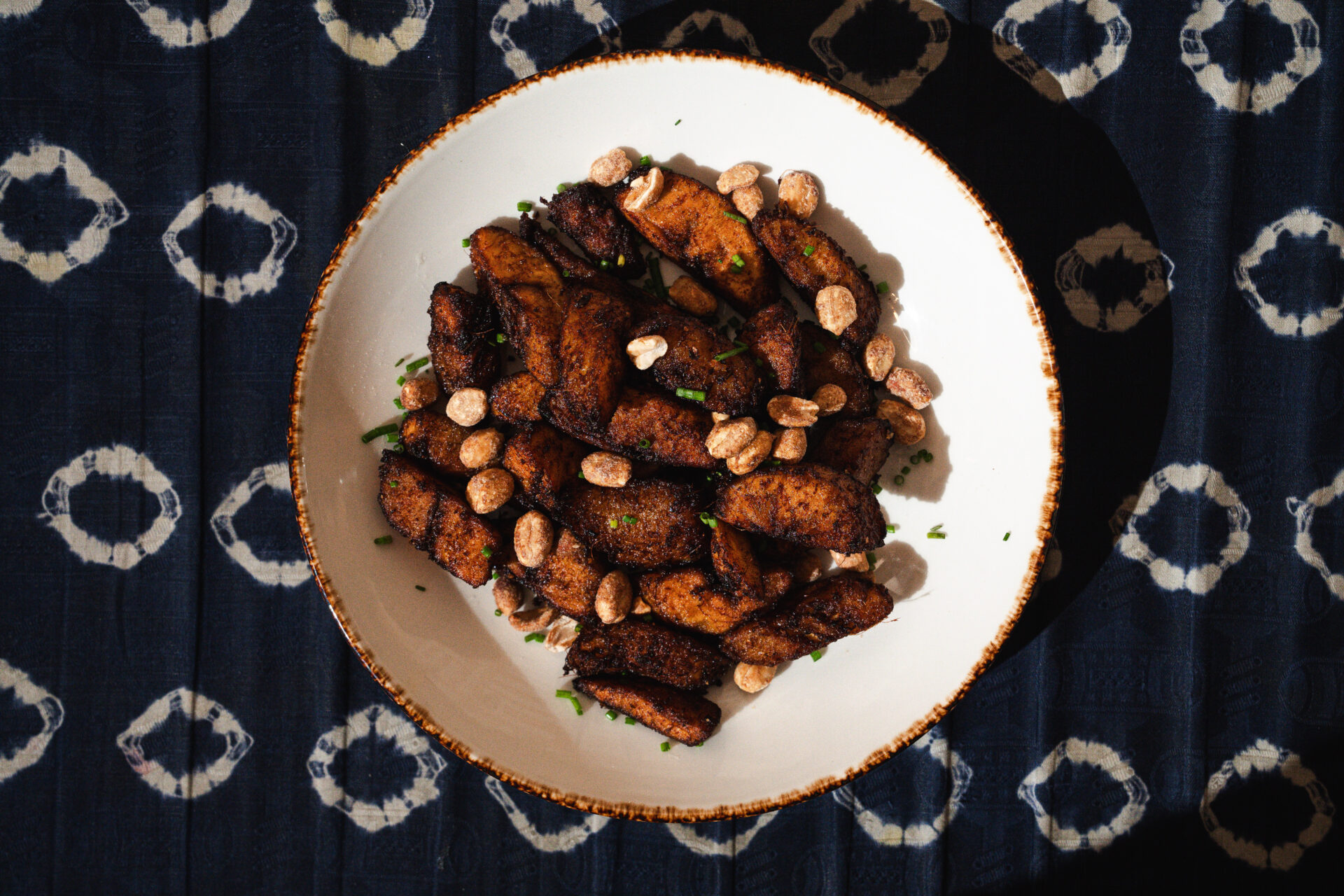
Kelewele Plantains
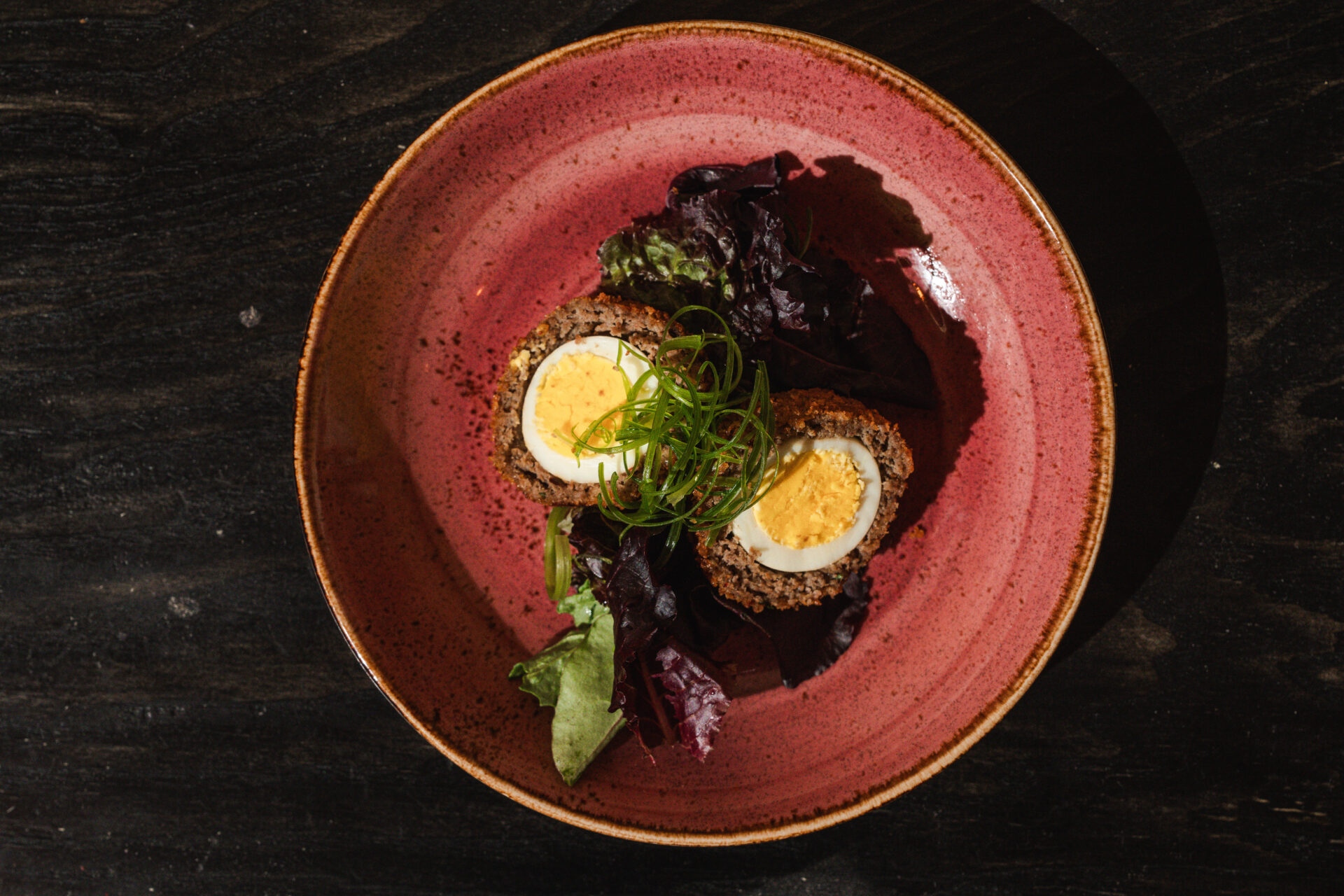
Scotch Eggs
Keep Reading
Roots
Serigne Mbaye Talks Senegalese Thieboudienne | Video
In his thieboudienne, chef Serigne Mbaye combines an appreciation for food and with his family’s roots at his New Orleans spot, Dakar Nola.
In the Field
10 Southern Innovators Changing the Game
These 10 innovators are taking action to tackle big food-focused issues around the Southeast and working hard to change the game.
On the Road
Houston
Houston brims with culture and cuisine. From breakfast to barbecue and Tex-Mex galore, work up an appetite for these iconic flavors.
share
keep reading
-
Our Guide to Top Culinary Towns
by TLP Editors -
Everything You Need to Know About The Catbird Seat’s New Chefs
by Erin Byers Murray -
9 Noteworthy Washington, DC Restaurants | Listen
-
9 Noteworthy West Virginia Restaurants | Listen
by Brittany Furbee -
9 Noteworthy Texas Restaurants | Listen
by Veronica Meewes
more from Roots
-
A First Look at House of Marigold’s Menu
-
A First Look at Bar La Fête in Birmingham
-
Greenville’s First Dim Sum Restaurant
-
A First Look at Little D’s
-
A First Look at Vern’s Menu
